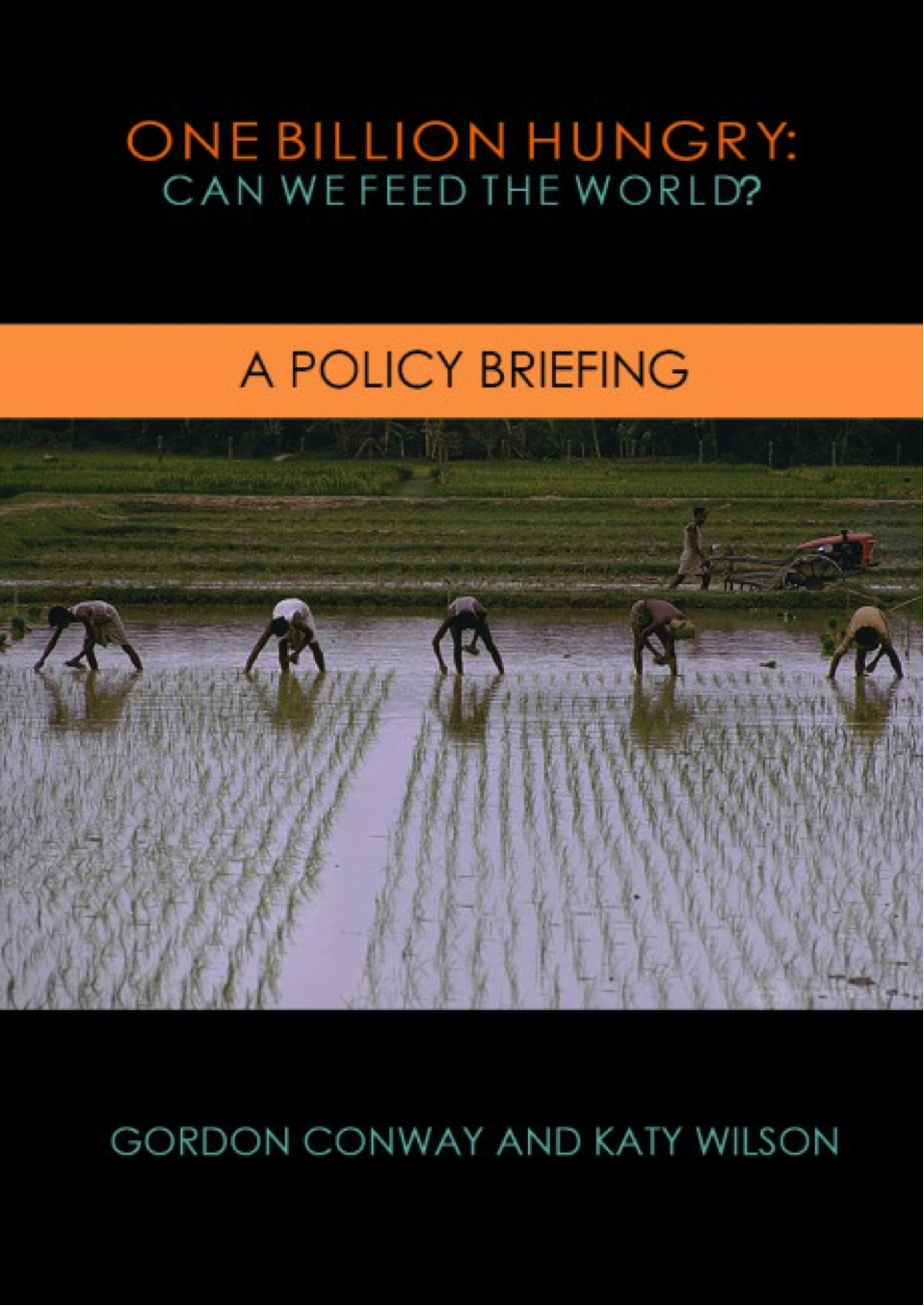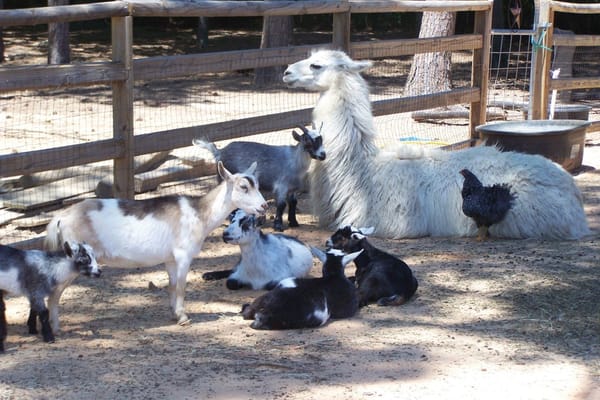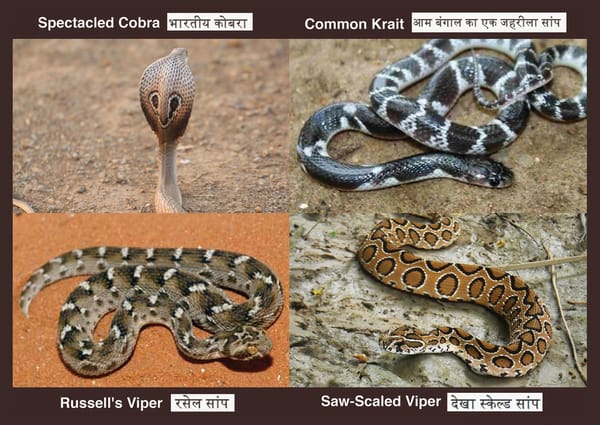One billion hungry: can we feed the world?
Professor Sir Gordon Conway interviewed about food security

JH: What are the key threats to global food security?
Professor Sir Gordan Conway: The three main challenges we’ve got at the moment are: food price spikes, the persistence of a billion or more people suffering from chronic hunger and the need to feed a growing population in the face of a wide range of adverse factors.
The first challenge is food price spikes; that is every few years the price of food suddenly shoots up to a big high and then collapses. We’ve had two since 2007 and we are into the third one now, but we don’t know how high it is going to go. The importance of these is that they affect the poor disproportionately. The poor spend a high proportion of their income, often half of all the money they earn, on food, and often the price stays high like that so that’s one big challenge.
The second is that we’ve got nearly a billion people hungry today, we don’t know exactly how many, there may be 800 million or a billion, and the most shocking statistic there is that we’ve got 180 million children hungry, under the age of five, who are malnourished – that means they are stunted, they are a low height for their age, and that happens in the first thousand days of life in other words pregnancy plus two years. If they do not get the right food, in particular having the right micronutrients like vitamin A, zinc and iron and so on. Without these micronutrients they are stunted, there are 180 million children like this in the world.
You have to ensure there is a target for women’s right from the beginning, in other words you don’t just add it on at the end
The third big challenge is that we’ve got to feed the word by 2050, now part of that is population increase. Population is going to go up by thirty per cent or more, it is going to go up to nine and a half billion. Population increase is probably just about manageable in terms of increasing food but the big issue is not the increase in population but the increase in per capita incomes, particularly in growing countries. The rapidly growing countries like China, India and Brazil, termed high growth countries. Those counties are shifting towards more western style diets; this means people are eating more bread, wheat and livestock products. The point is the livestock all require feed, the cows, the sheep and the goats and the chickens all require feed. So, you have got to produce a lot more grain for that. For example if you produce one kilo of meat, it takes eight kilos of grain, roughly. So that is a big challenge. On top of that is the challenge that comes from competition with biofuels. If you grow maize, corn. If you grow corn it gets sold for human food, animal feed and for biofuels. There is big competition there, which we have got to cope with. The land is degraded and the water is degraded through overuse, pollution and so on. And most important of all is climate change. We have got increasing temperatures, reduced rainfall in some places. That is affecting food production. And then every now and again an extreme event like the big drought that occurred in the United States this year or the big heat wave and drought in Russia in 2010 or the big flooding in Pakistan also in 2010. To cope with all of this food production has to double. We have got the same amount of land but we have got to increase yields. Increase yields on the same amount of land, using less water, applying less fertiliser, applying less pesticides and producing less greenhouse gases, methane, nitrous oxide and carbon dioxide so that’s the big challenge. The book is about that, how to tackle it – technology and different methods.
JH: How to balance thedifferent technologies with more traditional farming methods also cost as well, which is the cost benefit ratio of what is the best way forward?
GC: We have basically got four kinds of technology, traditional ones, conventional technologies, intermediate ones, which are combined traditional and conventional technologies and then you platform technologies which consist of ICT and biotechnology, soft infrastructure, and nanotechnology. No one of those are any better than the other, it depends on what works in what circumstances, so you’ve got to look at the environment, social environment, the economic environment and the housing environment and see which one works. Don’t be prejudice about what kind of environment you are going to start with. Definitely the way forward is a combination of technologies. Remember you have to judge each area individually. That’s quite a challenge. The spatial scale must be considered to.
Let’s for example take the example of increasing nutrition, for poor people in particular women and children. Then it is good tosay have a garden round the home, where you grow lots of different crops, you have crops, fish and chickens and so on. That will improve the nutrition. But if you are trying to increase the total amount of rice available in a country, particularly in Africa. Then you may need large irrigation schemes. They are planning one like that in Mozambique to produce high quantities of rice and there you would use very advanced technologies to make that work. So, in that case a family could purchase the rice and supplement it with food from home. If the woman of the house has a couple of hectares she may be able to grow a crop to sell as well, she may be able to grow some sugarcane or bananas for income. What you have to keep on remembering is that poor farmers need cash, they need cash to get there kids into school, need cash for medicines and they need cash for buying food. In many cases they don’t produce enough food, so for small farmers they really have to find a way of earning money, either from selling things off their farm or from working as farm labourers or from getting some other kind of job in the local community.
Definitely the way forward is a combination of technologies. Remember you have to judge each area individually
JH: How interconnected have the food and financial markets become? Joachim von Braun outlined how to deal withthese issues, for example introducing the grain reserves in Nigeria and Kenya. Do you think this is the way forward?
GC: I think we need more reserves. The world food programme needs bigger reserves but also individual countries need more reserves but I think the priority we have been pushing recently is that you need better regional trade. In other words, you need to be able to trade grain between Kenya, Uganda, Tanzania, Rwanda and so on. A similar system to the interconnected European Union is required in Africa. There are many barriers to that, for instance political or infrastructural.
JH: Is the Fairtade movement a way forward to increase food security? Is it feasible to increase the Fairtrade market, it is only a very small percentage of the market currently. What do you think?
GC: I think it is. I think it’s interesting that Fairtrade is quite popular among consumers, at least in Britain. People go for Fairtade, they think they are benefiting poorer farmers. Poor farmers are getting more of the value addedthan they would otherwise and I think that is true. Fairtrade works differently in different countries and it is more successful in some places than in others but the important thing is that more of the benefit has to go to the farmer and the farming community.
I think in many cases there is a power imbalance. What you have to do, you have to help farmers form co-operatives, and contract farmer groups, so that they have got the power of being part of a co-operative and doing the deals with the big companies. Co-operatives for example have been developed in the Netherlands, for example all the milk in the Netherlands is produced by co-operatives. And those co-operatives are all quite strong. They can therefore bargain in terms of the money they need. We need to get more of that working for example in Africa. In fact there is a Dutch bank called Rabba Bank, which is a very excellent co-operative bank, built up of lots of little co-operative banks. They now work in Africa helping farmers to create co-operatives, that’s working quite well.
Definitely the way forward is a combination of technologies. Remember you have to judge each area individually
Farmers in strong co-operatives, with strong leaders to support can bargain and get the value they need and deserve.
JH: How interconnected have the food and financial markets become? Joachim von Braun outlined how to deal withthese issues, for example introducing the grain reserves in Nigeria and Kenya. Do you think this is the way forward?
GC: I think we need more reserves. The world food programme needs bigger reserves but also individual countries need more reserves but I think the priority we have been pushing recently is that you need better regional trade. In other words, you need to be able to trade grain between Kenya, Uganda, Tanzania, Rwanda and so on. A similar system to the interconnected European Union is required in Africa. There are many barriers to that, for instance political or infrastructural.
JH: Is the Fairtade movement a way forward to increase food security? Is it feasible to increase the Fairtrade market, it is only a very small percentage of the market currently. What do you think?
GC: I think it is. I think it’s interesting that Fairtrade is quite popular among consumers, at least in Britain. People go for Fairtade, they think they are benefiting poorer farmers. Poor farmers are getting more of the value addedthan they would otherwise and I think that is true. Fairtrade works differently in different countries and it is more successful in some places than in others but the important thing is that more of the benefit has to go to the farmer and the farming community.
I think in many cases there is a power imbalance. What you have to do, you have to help farmers form co-operatives, and contract farmer groups, so that they have got the power of being part of a co-operative and doing the deals with the big companies. Co-operatives for example have been developed in the Netherlands, for example all the milk in the Netherlands is produced by co-operatives. And those co-operatives are all quite strong. They can therefore bargain in terms of the money they need. We need to get more of that working for example in Africa. In fact there is a Dutch bank called Rabba Bank, which is a very excellent co-operative bank, built up of lots of little co-operative banks. They now work in Africa helping farmers to create co-operatives, that’s working quite well.
Farmers in strong co-operatives, with strong leaders to support can bargain and get the value they need and deserve.
JH: Professor Conway, you have written about how important the role of women is in Africa. Could you tell us a bit about this?
GC: Fundamentally we must realise that nearly half the farmers in Africa are women and they have enormous potential, not just as farmers but also as mothers because they determine what children eat, so they can improve their nutrition. They can also be innovators and educators too. Basically, women are farmers, mothers, educators and innovators. More must be done to support women in these roles, a lot of it is about empowering women’s’ group for example through WARM, which works in Eastern Africa. WARM is way of ensuring women have a stronger voice to affect policies. In many cases, the most important thing is when a programme or project is designed whether it is by the government or NGOs or the private sector. You have to ensure there is a target for women’s right from the beginning, in other words you don’t just add it on at the end. In fact that is true of nearly everything we have been talking about here. You don’t just say we will have a yield increase and then we’ll make it stable. Or we’ll have growth and then later on you think well we ought todo something about resilience. There must be growth plus resilience from the beginning. There must be yield plus stability of yield from the beginning. You’ve got to have and increase in production and increased value added from the bottom from the beginning. All of this plus empowerment of women must occur from the beginning. Don’t treat women, or the environment or resilience as add-ons, which they often are. Oh my goodness, we’ve forgotten about women let’s dump something in. You don’t want to do that, we have to make sure it is there from the beginning.
What you have to do, you have to help farmers form co-operatives, and contract farmer groups, so that they have got the power of being part of a co-operative and doing the deals with the big companies

JH: Are there are any schemes encouraging people to return and invest in their home countries? Do we need more of a focus on this?
GC: Yes, there are schemes like this. At the Rockefeller foundation we had a programme on biotechnology in Asia and many went back. A lot of it was because in addition to supporting the individuals to dotheir training, you were supporting the institutions from which they came and when they went back there was money given to those institutions so they could continue to do their research.
JH: What do you think the role of students is in this? Have you heard of Raincatcher, where engineering students go to Tanzania every year to build rain harvesting systems?
GC: I think getting students to go and help and work in villages is excellent. It is excellent for them, for they learn a lot more. What is important, that every time you do something like this you think about the sustainability of what you are doing. In a sense, it is like the old parable; you can give people fish to eat and feed them for aday but teach a man to fish and you feed him for a lifetime. It is very important that when student groups work in a developing country, that what they are doing is helping to put something into place that will continue long after they are gone. So, they work with the community; it is about learning together. It is very important to not assume that we go to a place and teach them what to do for most poor communities know very well what they should be doing.
And if you talk with them, particularly if you use participatory rural appraisal PRA, through using such techniques the farmers themselves become very clear about what needs to be done. Then you consider what can be done to break down these barriers together and then you work it through. That is what the approach should be.
JH: A slightly silly question: what every day object would you genetically modify? Tim Arbabzadah said he would create a bottomless cup of tea.
GC: I would create an email system that answered every email on my behalf without me having to look at it.






